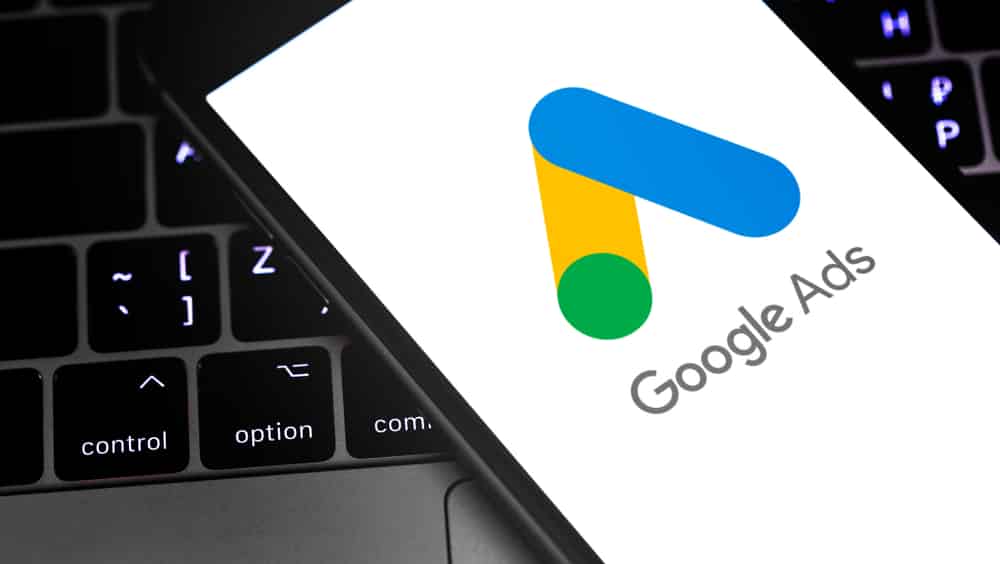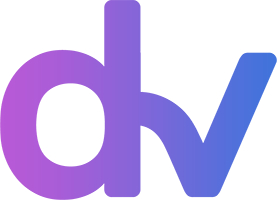Complete Guide of Google Ads Bid Strategies Explained

Ad campaigns are the best digital strategy to increase the traffic to your site. However, before you jump into the campaign, it is very important to determine which of the Google Ads bid strategies will work best for your campaign.
If you are new to this digital marketing platform, I am sure that you will find yourself confused over maximizing and minimizing the conversion value. Not just that, even if you want to know about evaluating performance based on the bid strategy you are using- you are in the right place as in this post you will find answers to all your doubts about Google Ads Bid strategies as this is a complete guide of Google Ads Bid Strategies.
Types of Google Ad bids
· Manual CPC
This type of bid provides you with the maximum cost per click for a keyword or ad campaign. To remain competitive, the Google Ads will provide you with bid estimates for some keywords and impression share statics so that the user can manually update bids as much as you see fit.
When to use Manual CPC?
Manual bids are best for you if you want to manually set the bids and have full control over the keywords. Not just that, Manual CPC also gives the new campaign the chance to learn and collect conversion data before experimenting with automated bidding.
Also, if the account does not have enough conversions to apply for smart bidding, this is the best option for you.
Pros of Manual CPC
This is the only bidding strategy that allows you to maintain full control over the keyword bids.
Cons of Manual CPC
It is manual, so it is a bit slow, and you will have to spend more time in campaign maintenance and optimization.
- Enhanced CPC
Enhanced CPC is a bid strategy that allows you to set your bids manually; however, Google can also adjust your bids up to and down based on the likelihood of the conversion.
When to use ECPC?
This is a great bidding strategy for those who do not have enough conversion data or budget to make fully automated bidding work.
Pros of ECPC
ECPC allows you to use some automation while maintaining more manual control than fully automated bidding. On the other hand, Google will still listen to other campaign settings such as ad rotation and bid adjustments, which are ignored in automated bid strategies.
Cons of ECPC
There is no limit to how much you can click if machine learning thinks that click will likely result in a conversion.
- Target CPA
It is again another automated strategy, which is also referred to as CPA. This kind of bid will automatically set your bids automatically during the auction to get conversions at cost-per-action set by the advertiser. It can also be used as a portfolio bid strategy across various ad campaigns.
When to use Target CPA?
When you know exactly how much conversion is worth your business, then target CPA is best for you if you want to test lowering the CPA from the benchmark bidding strategy for a given campaign.
Pros of Target CPA
CPA is the main benchmark that business people look at while evaluating the PPC campaign. This bid tells Google to focus solely on this very important metric.
Cons of Target CPA
It is a bid strategy and not some magic. When you set the target CPA, do not just accept the result that you have set. It can also be above or below your set target. If your target CPA is too low, your Ads might not show up at all.
- Target ROAS
With target ROAS bids, Google will automatically adjust the bids to achieve the auction to achieve a return on Ad spend goals set by the advertiser.
When to use Target ROAS
This strategy applies to an overall business goal. Target ROAS helps drive a huge amount of traffic to the online sites, giving a huge amount of hike to the sales on the website.
Pros of target ROAS
If you have a large and diversified product inventory, this great tool will enhance sales.
Cons of target ROAS
As with all automated bid strategies, there is an inherent lack of control here. Target ROAS will ignore any bid adjustments that you set.
Choose The Bid Strategy Based On Your Goals
Google Ads platform offers several bidding strategies tailored to different campaign needs. Whether you want to focus on clicks, impressions, views, conversions, or which network your Ad campaign is targeting, you can find the strategy that works best for you.
Consider Your Goals
Each of the bid strategies mentioned above is well-suited for different types of Ad campaigns or advertising goals. Consider the following points to pick a bid strategy to match your goals-
· If your goal is to make the customers take an action on your website, you should focus on conversions. For this, smart bidding strategy is the way to go.
· If you want to boost brand awareness, you want to focus on impressions. In that case, vCPM (cost per thousand viewable impressions) is the best bet.
· If your goal is to generate more traffic, it is ideal to focus on clicks. For this, CPC bidding is the right option to choose.
Conclusion:
When you are launching a new Ad campaign, choosing the right bidding strategy is essential. With so many options to choose from, you may find it challenging to pick the right one. Everything boils down to your campaign’s goals. Once you assess your goals, you are in a better position to choose the right strategy for your campaign.
Now that you are at the end of the post, congrats! Consider yourself an expert Google Ads Bidding expert. Now you know all about it, when you use them and when to not use them. Now you will feel confident in bidding abilities, the next time you start running an Ad campaign.





